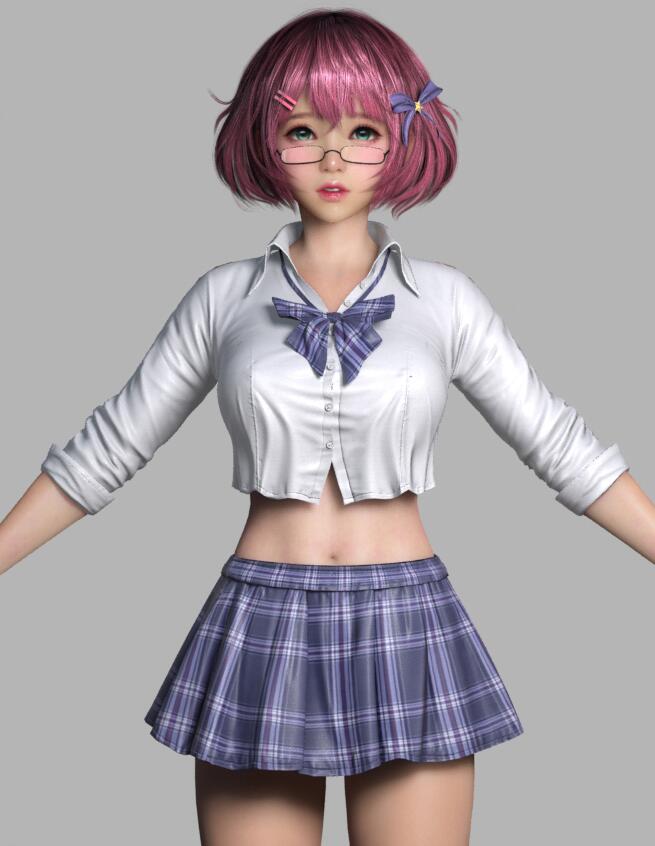
Īnger regulation difficulties might increase the likelihood of aggression by increasing negative affect and physiological arousal, by reducing aggression inhibitions, compromising decision making processes, increasing difficulties in resolving difficult situations, and by diminishing the quality of interpersonal relationships (for a review, see ). Episodes of increased anger and aggression are common to all individuals however, when such episodes occur frequently and increase in severity, they can create substantial personal and social problems. Aggressive behavior is defined as any behavior directed to another person, object, or animal with the intention to cause harm and can be divided into in an impulsive and a deliberate subtype. When anger is not controlled or regulated appropriately, it increases the risk of aggressive behavior. The disposition to experience state anger with greater frequency and intensity is referred to as trait anger. Future VR intervention tools in clinical settings may capitalize more on their benefits for self-reflection within interpersonal settings.Īnger is an acute emotional-physiological reaction that ranges from mild irritation to intense fury and rage (i.e., state anger). However, the participants reported gaining more insight into their own behavior and that of others. No difference was found between the VR-GAIME and the control game. Aggressive behavior was measured pre-, half-way, and post-treatment via self-report and clinicians ratings.

In addition to the aggression replacement training, patients played either the VR-GAIME or a control game. The current study examined the effects of this training in a randomized controlled trial among forensic psychiatric outpatients with aggression regulation problems (N = 30). To enrich this training and make it more suitable for clinical applications, the present researchers developed it into a Virtual Reality Game for Aggressive Impulse Management (VR-GAIME).

Prior laboratory experiments among healthy samples found that training avoidance movements to angry faces may lower anger and aggression, especially people high in trait anger.


 0 kommentar(er)
0 kommentar(er)
